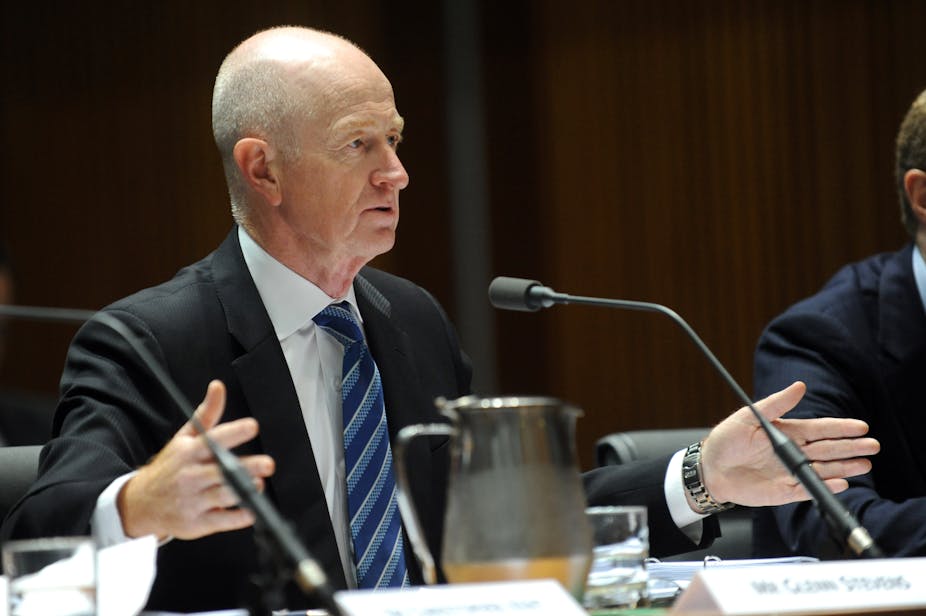The Reserve Bank of Australia today cut the cash rate by 25 basis points to a record low of 2.75%, but some experts have questioned whether the central bank cut too soon.
In a statement issued today, central bank Governor Glenn Stevens said that the RBA board “has previously noted that the inflation outlook would afford scope to ease further, should that be necessary to support demand.”
“It judged that a further decline in the cash rate was appropriate to encourage sustainable growth in the economy, consistent with achieving the inflation target,” the statement said.
The new cash rate is the lowest Australia has had since record keeping began, a spokeswoman for the RBA said.
Today’s cut follows last month’s announcement that inflation was tracking within the RBA’s target range.
Federal Treasurer, Wayne Swan, welcomed today’s decision.
“It does show interest rates are now even lower under Labor. I think this is an interest rate cut that is going to be welcomed by families and small businesses and I certainly think it’s an interest rate cut they thoroughly deserve,” he said.
Here are some expert responses to the RBA decision:
Mark Crosby, Associate Professor of Economics at Melbourne Business School
It’s not surprising.
It could have gone either way but inflation is low so there’s no reason not to cut. The good news out of that is further weakness in the currency.
It will weaken the Aussie dollar a little bit. It already went down a little in the expectation it might.
The problem with interest rates being as low as they are is it will further elevate house prices and share prices.
On the other hand, manufacturers and some other industries are really feeling it so this will really help them on the Aussie dollar front and on the interest rate front.
Mardi Dungey, Professor and Deputy Head, School of Economics and Finance at University of Tasmania
I don’t think it’s a big surprise. The question is whether it’s the right timing or whether we are going too early.
Frankly, inflation is not high. Although there are signs of weakness, particularly in the regions, we are not in recession.
The problem is: where do you go once rates get too low, which is the problem they now have in the UK and in Japan.
I am very pleased to see we have eased off on this surplus nonsense. We should be talking more about what is our plan for redistributing wealth among the different regions and asking ourselves do we have problem with Dutch disease.
Shaun Vahey, Professor, ANU College of Business and Economics at Australian National University
I am not that surprised. Some of the recent data has been a little weaker than expected but whether they should have moved this month or later is the question.

